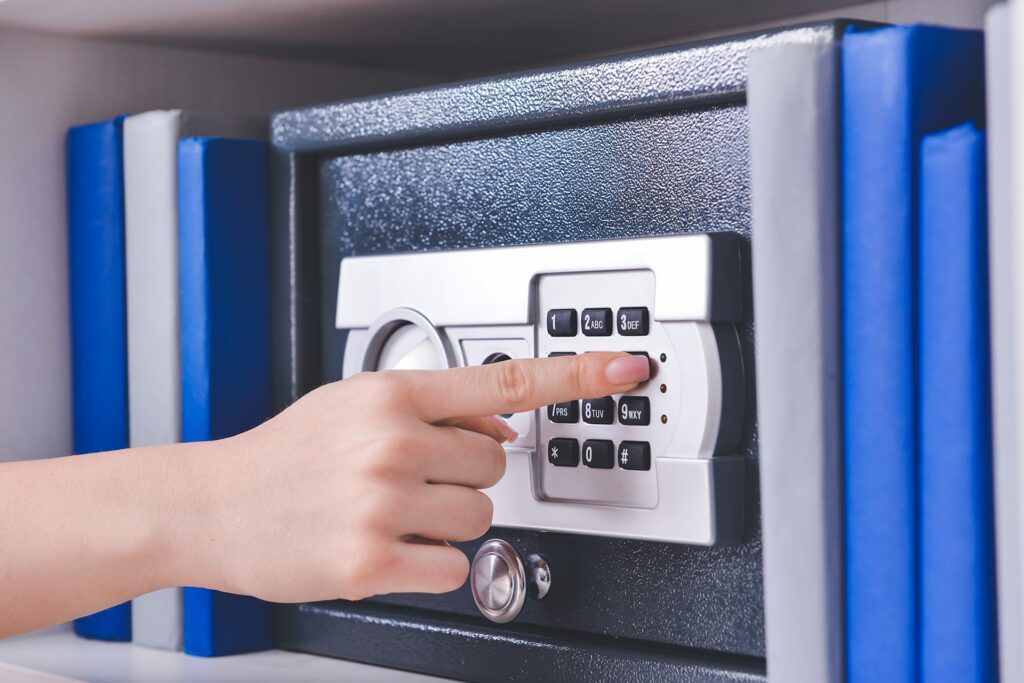Table of Contents
Paying Off Your Mortgage Before Retirement
First, you have to determine if it is more appropriate for you to keep or pay off your mortgage. While most people will gravitate towards the peace of mind, savings on interest, and increased cash flow that comes when they are no longer required to make mortgage payments, some can actually benefit from keeping their mortgage during retirement.
This is usually due to prioritization.
Analyze Your Financial Situation
If you have a limited amount of cash saved up for emergencies (or worse: none at all), it can be more beneficial to build up those savings than to pay off your mortgage early. Ideally, these savings will be enough to cover any living expenses for three to six months in the event of an emergency affecting your retirement income.
Additionally, if you have not contributed the maximum amount to your retirement plan (401K, IRA, health savings account, etc.), putting money towards your retirement plan may outweigh the interest that you would be saving on if you were to pay off your loan early.
Lastly, those who have debts with higher interest rates than the interest rate on their mortgage should pay those off first to reduce the amount of interest that they are charged for.
If you do not fit in with any of the above three scenarios, then you will most likely benefit from paying off your mortgage before retirement.
Paying Ahead on Your Mortgage

If you are in a place to pay off your mortgage — meaning that you have enough emergency/retirement savings and do not have other debts with higher interest rates to pay off first — there are a few ways to go about doing this.
The first is a rather straightforward form of repayment. Review your budget and find out how much extra money you are able to use to pay off your mortgage.
Then, take that amount and see if you can increase it. Are there any expenses that you can reduce or do away with such as club memberships or magazine subscriptions? Determine where you can cut corners and save extra money to increase the amount of principal that you are paying off in advance.
Do you receive any bonuses, tax refunds, or gifts? When trying to pay down your mortgage, you should also be putting any extra or unexpected income towards your mortgage. However, it is important to review your monthly mortgage statement or call your servicer to see if there are any prepayment penalties involved with paying down large chunks of your mortgage.
To see how much of a difference an increase in your monthly payment can make, use a mortgage calculator.
Restructuring Your Mortgage and Housing Needs

Now that we know some of the easier options to pay off a mortgage before retiring, let’s take a look at how to get rid of monthly payments by changing mortgages or shifting home needs.
A common choice for most people is to downsize their home. Many people purchase a home to accommodate a family lifestyle, but empty-nesters might want to consider selling their home and moving into a smaller home that’s more appropriate for their needs as retirees. If your home doesn’t exceed your needs, then you might want to consider moving to a location with lower living and housing costs.
Explore Other Mortgage Options
If moving is not an option, you can explore loan options that can help you better achieve your goals. Depending on the equity level of your home, one loan program designed to help homeowners age 62 and older stay in their home is the reverse mortgage. While the homeowner would still be required to pay for property taxes, insurance, and HOA fees, reverse mortgages do not have monthly payments.
Another refinance option to consider would be a loan with a shorter term (for example: going from a 30-year to a 15-year loan). Interest rates tend to be lower for loans with a shorter term and this would allow a large portion of the monthly payment to go towards paying down the loan’s principal instead of interest.
Main Takeaway
Owning a home free and clear is a very popular bucket list item and there are many different options available to achieve this goal. If you would like additional advice on how to handle your mortgage leading up to retirement or if you have any other questions, contact us today.
Financing details are for educational purposes only. Rates, program terms, fees, and conditions referenced are subject to change without notice. Not all products are available in all states for all amounts. All mortgage applications are subject to underwriting guidelines and approval. This is not an offer of credit or a commitment to lend. Residential Wholesale Mortgage, Inc. dba RWM Home Loans is an equal housing lender licensed by the CA Department of Real Estate #01174642 and CA Department of Financial Protection and Innovation under the California Residential Mortgage Lending Act. NMLS# 79445



